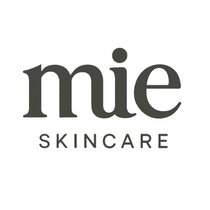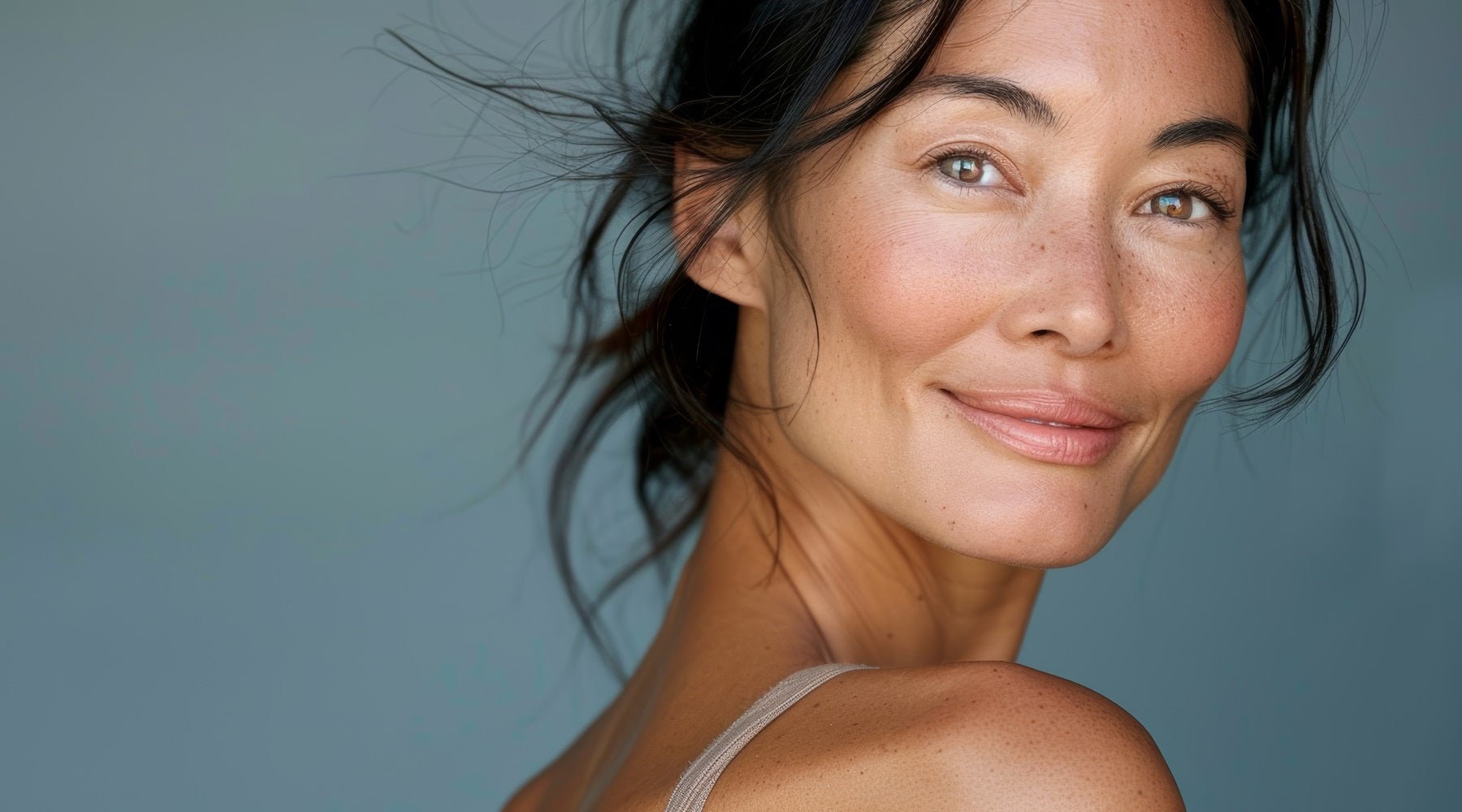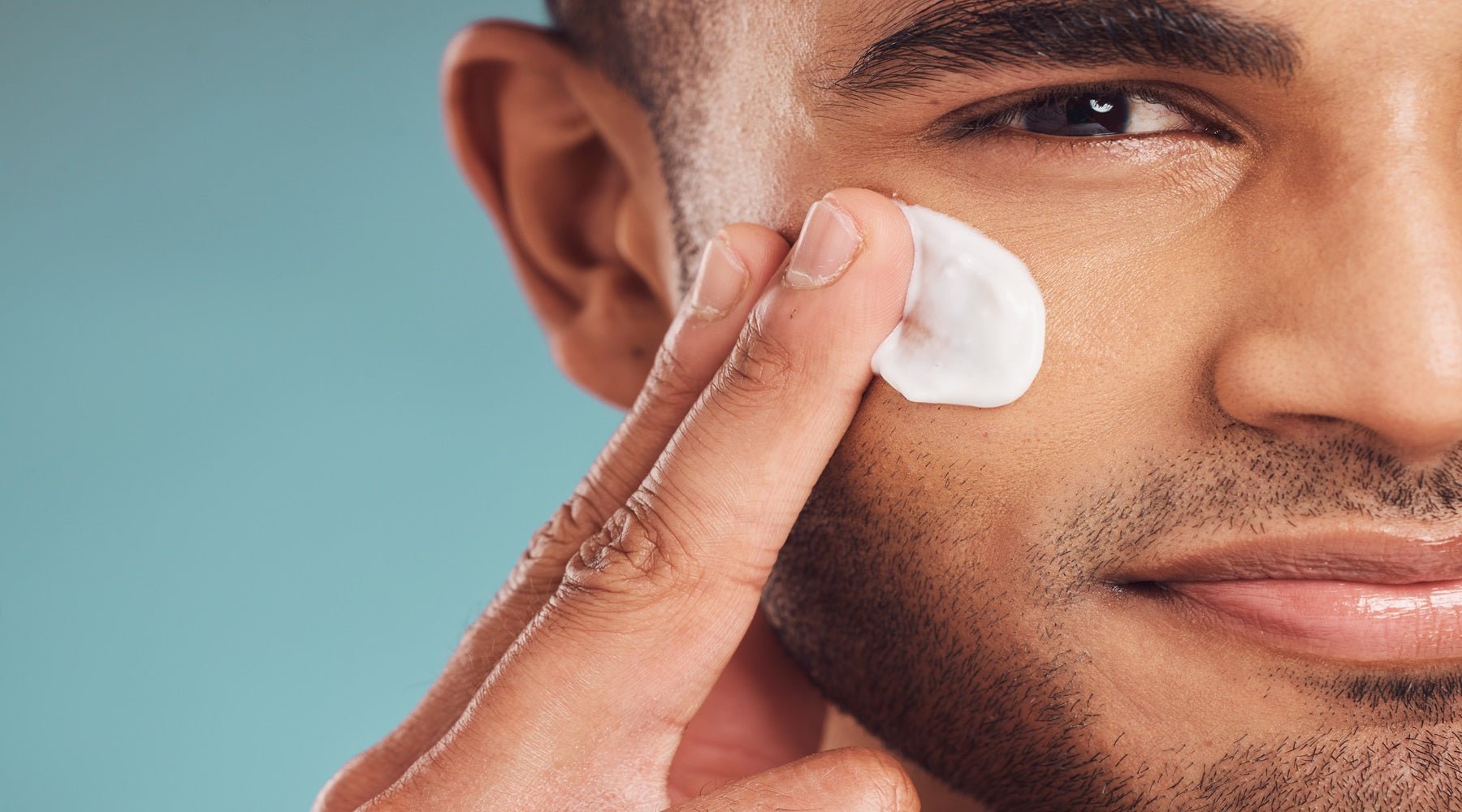When it comes to skincare, retinoids are often hailed as a miracle ingredient. From fighting acne to reducing wrinkles, these Vitamin A derivatives are found in many over-the-counter and prescription products. However, while they can offer significant benefits, retinoids might not be suitable for everyone. Let's dive into the different forms of retinoids an why the may not be the best choice for your skin.
What are Retinoids?
Retinoids are compounds derived from Vitamin A. they work by promoting cell turnover, encouraging the shedding of old skin cells and growth of new ones. This process can help unclog pores, reduce the appearance of fine lines, and even out skin tone. Retinoids come in various forms each with its own strength and potential side effects.
Common forms of Retinoids
Retinyl Palmitate - strength weakest
Availability: Over-the-counter
Uses: This is the least potent form of retinoid, often found in products aimed at sensitive skin
Side effects: Generally well-tolerated with minimal side effects, but also less effective
Retinol - Strength mild
Availability - Over-the-counter
Uses: Retinol is commonly used in anti-ageing and acne products. It's less potent than prescription retinoids, making it a gentler option for beginners.
Side effects: Irritation, redness, and peeling can occur, especially when first starting out. It will also make you sensitive to sun exposure.
Retinal - Strength medium
Availability: Prescribed by skincare professionals and certain over-the-counter products
Uses: Retinal, or retinaldehyde, is another derivative of Vitamin A. It is slightly more potent than retinol and offers similar benefits, including enhancing skin cell turnover and improving the appearance of blemishes and hyperpigmentation.
Side effects: Redness, flaking skin, sensitivity and you have to take caution with sun exposure and always use a SPF.
Irritation and sensitivity
Retinoids can cause significant irritation, especially when you first start using them. Common side effects include redness, dryness, and peeling. This can be particularly problematic for people with sensitive skin or conditions like eczema, rosacea and hyperpigmentation.
Sun Sensitivity
Retinoids make your skin more sensitive to the sun, increasing the risk of sunburn and sun damage. This means you need to be diligent about using sunscreen and limiting sun exposure.
Initial breakouts
When you first start using retinoids, your skin may go through a "purging" phase where breakouts temporarily worsen. This can be discouraging and might not be worth the temporary worsening of skin conditions for some individuals.
Not suitable for all Skin types
People with very sensitive skin or certain skin conditions may find that retinoids exacerbate their issues rather than help. It's essential to consult with a dermatologist to determine if retinoids are appropriate for your skin type.
Pregnancy and Breastfeeding
Most retinoids are not recommended for use during pregnancy or breastfeeding due to potential risks to the baby.
With so many potential side effects, we are just not prepared to include Retinol into our formulations and we have chose a different path for our skincare that is know as barrier friendly (biomimetic) skincare for all.
At MIE Skincare, we've consciously chosen not to include retinol in our product formulations. While retinol is known for its anti-aging benefits, it can also lead to skin irritation and increased sensitivity, especially for those with delicate skin types. Our commitment lies in providing gentle and effective skincare solutions that cater to diverse needs.
Instead of retinol, we focus on utilising advanced peptides, hydrating hyaluronic acid, and potent antioxidants like vitamin C. These ingredients work harmoniously to nourish the skin, enhance its natural radiance, and promote overall skin health without compromising safety.
Join us in embracing a skincare approach that prioritises efficacy, gentleness, and inclusivity.



